The Rast Kaffee roastery lies next to a train line in an industrial area on the outskirts of Ebikon, a small village near Lucerne in central Switzerland. Housed in a large warehouse, the imposing exterior conceals the passion that takes place inside. Neither is there any obvious front door to the roastery, rather an industrial-sized elevator that whisks you to the first floor that opens out into a vast production area framed by palettes stacked with sacks of green beans. The air is full of the rich aroma of freshly roasted coffee. With a beaming smile, the fourth generation in the family-run business, Beatrice Rast, introduces herself and starts to talk animatedly about her roots in coffee: “I grew up in the coffee industry. In the backyard from the shop, we had the roastery so coffee was always a product that was around us. I’m used to the smell, the fire, it was part of our life,” she recalls.
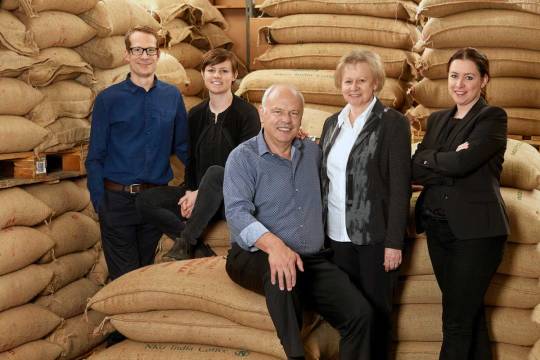
What began as a colonial-style grocery store nearly a century-ago selling bananas, kiwis, cheese, wine and teas under the stewardship of her great-grandparents, Xaver and Anna Rast-Abt, the family business has evolved into a successful high-volume coffee roasting enterprise that now caters for high street chains, restaurants, bakeries, hospitals, schools, offices and retail customers.

The 34 year-old credits her grandfather as a pioneer who was always interested in the provenance of high quality coffee and, in 1945, decided to take up the craft of roasting himself – long before the term ‘specialty’ was first ever coined. The move into coffee roasting steadily became the backbone of the business and her parents Markus and Trudy Rast continued the tradition in 1978 to become the third generation of coffee roasters. Eleven years ago, the family decided to sell their grocery stores and concentrate their efforts exclusively on the roasting business. Beatrice says that moving into specialty coffee with her sister Evelyne was a natural progression for both of them: “Our philosophy is not just to sell coffee - we want to sell the perfect coffee. It’s a product filled with passion, it’s natural for us, as we live and breathe coffee. Of course, the advantage for us is that we are a family with a long tradition as a family business. It’s authentic and people believe in us, they trust us. We are really close to our customers, we know a lot of our customers personally and many of them come to cup coffees with us”.
The range of coffees that Rast roast daily on their seasoned lineage of 90kg, 45kg and 5kg capacity Probat’s is an extensive offering of single estates and carefully crafted blends. Every coffee that is used in a blend is also available to purchase as a single origin. From south American to centrals, a good selection of east Africans to more punchy-tasting coffees from Asia; cleanness and quality takes precedence over price for the team at Rast. The notion that people want coffee that is both organic and fairly traded, but don’t want to pay a premium is something that they also want to challenge over time: “The farmer has more work because he takes care of the coffee better than others, they invest more in harvesting, and it comes with a price,” she adds before commenting that one of the ways to reinforce this message is through further investment in customer training and education.
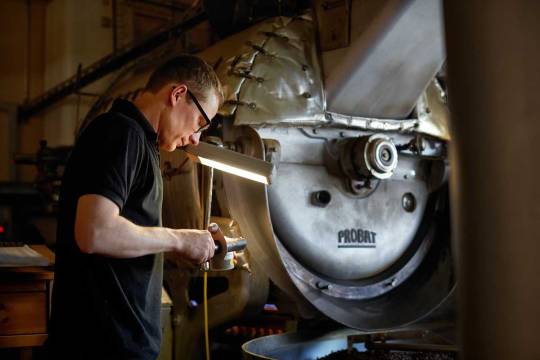
In their effort to buy more directly traded coffee, Rast are attracted to sourcing coffee through algrano because of the direct trade link with the producer and information provided on the web platform. Beatrice comments that although the coffee bought through algrano costs a little more, the coffee consistently comes out top in blind cupping sessions. As head of green bean buying at Rast, the sociology degree-graduate laments that she doesn’t have the time to travel to origin as much as she would like. “For the company it’s more important that I’m here”, she says, “I have contact with people like algrano and they go hunting for us. With the size that we currently have, it’s not possible that I always can go everywhere myself”.
Currently, Rast Kaffee employees 20 people, managed by the fourth family generation. Beatrice says that she is also seeing a trend in the market towards more adventurous coffees. The sensory attributes of a naturally processed Ethiopian coffees is something that she enjoys but, “the balance of fruitiness and over fermented is sometimes a bit borderline, I like it but not all in our company does”. Nevertheless, when Rast have profiled and ready to release a new coffee, her customers are always eager to try it. This increased curiosity comes with higher expectations and she says many people are not prepared to pay for bad quality coffee any more. She notes that the market for lighter roasts in the specialty coffee scene, however small, is also growing.
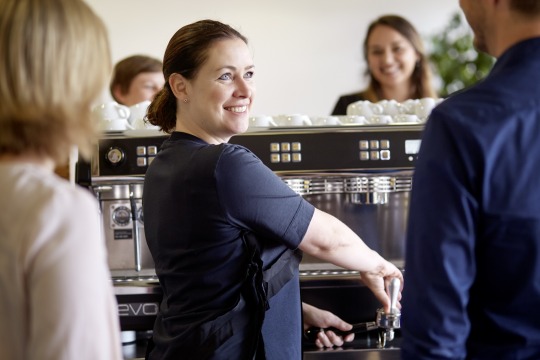
For Beatrice, this helps them to achieve their goal as specialty coffee roasters: “We want to find the best green beans we can, roast them to a good level, and sell it fresh.” As Rast Kaffee prepares to celebrate its centennial anniversary in 2018, this successful formula has stood the family-run business in good stead so far and looks set to continue for future generations to come.
Algrano coffee in the hopper
- Producer: Sebastião Cassini
- Country, region: Espirito Santo, Brazil
- Varietal: Yellow and Red Catuai
- Process: Pulped natural
- Altitude: 900m
- Tasting notes: Very nice balance between sweetness and acidity. The coffee is reminiscent of exotic fruit and rosehip. It has also a discreet note of tea with some bergamot.
Follow Rast Kaffee at:
- Facebook: rastkaffee
- www.rast.ch


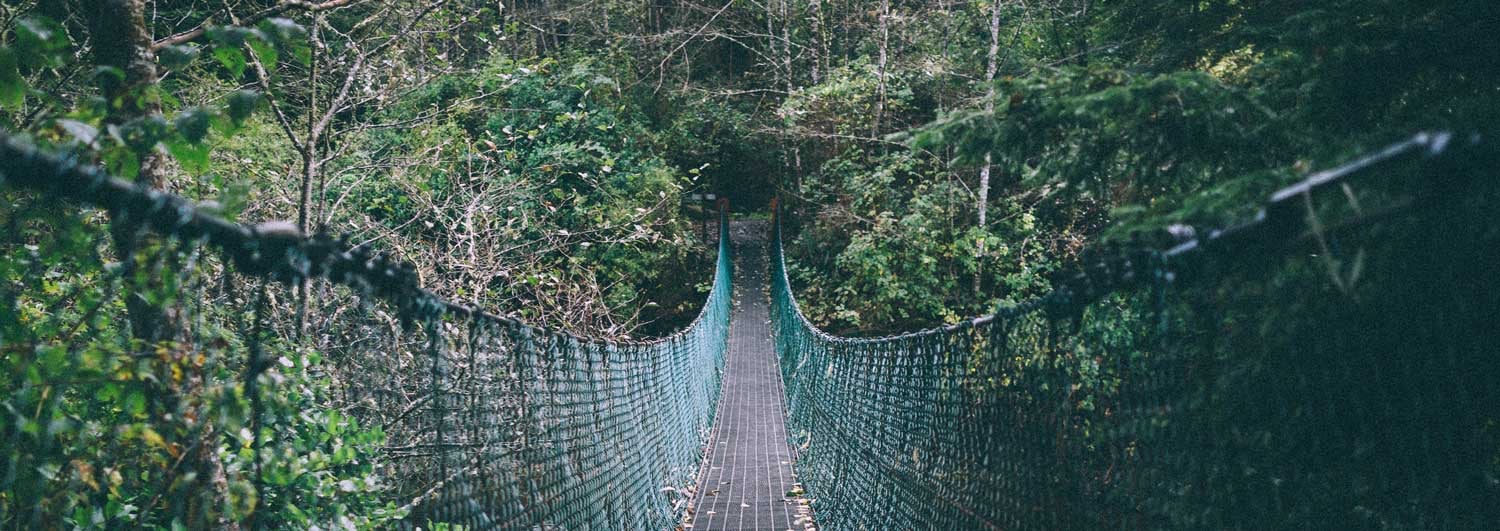
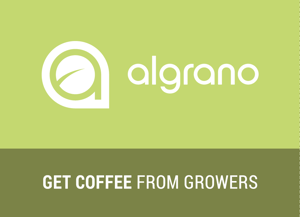
Let Us Know What You Thought about this Post.
Put your Comment Below.